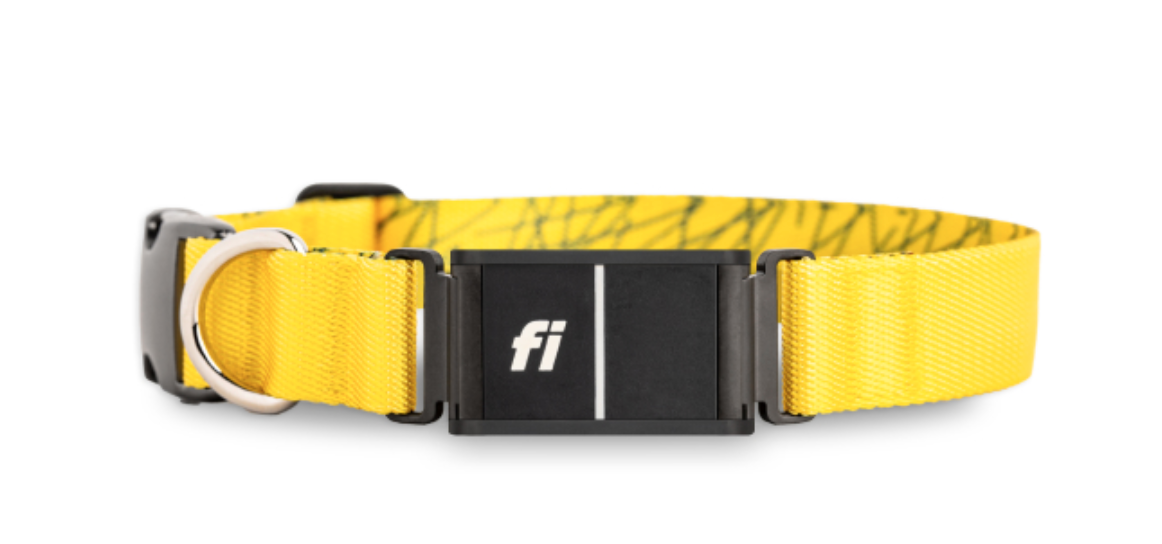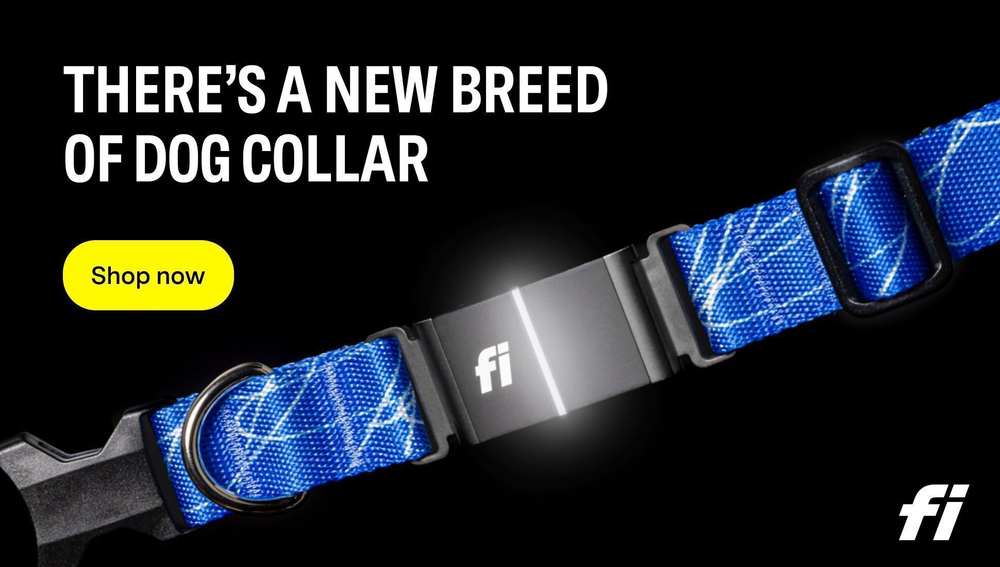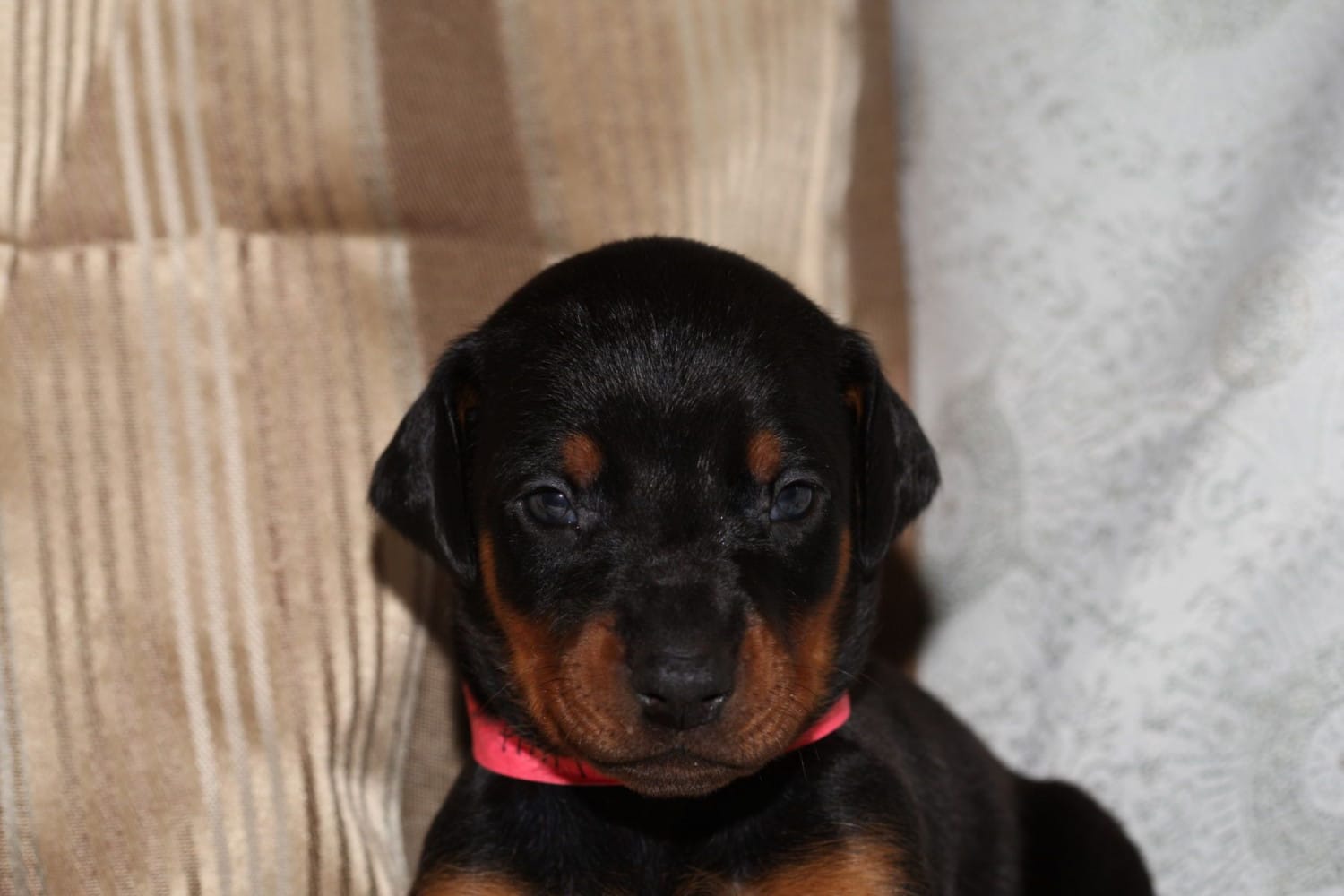The Doberman Pinscher is a powerful and intelligent breed that requires a collar that can keep up with their active lifestyle. Choosing the right collar for a Doberman puppy is crucial for their safety and comfort. With so many options available, it can be overwhelming to decide which collar is best suited for your furry friend. In this article, we will explore the best collars for a Doberman Pinscher puppy.

One of the most important factors to consider when choosing a collar for a Doberman puppy is the size and strength of the breed. Dobermans are known for their muscular build and require a collar that can withstand their strength. A collar that is too weak or too small can break or cause discomfort to the puppy. Additionally, a collar that is too loose can pose a choking hazard. It is important to measure the puppy's neck and choose a collar that fits snugly without being too tight.
Another important consideration when choosing a collar for a Doberman puppy is the material of the collar. Doberman puppies are active and playful, and their collar needs to be durable enough to withstand their roughhousing. A leather or nylon collar is a good choice for a Doberman puppy as they are sturdy and long-lasting. It is also important to choose a collar with a secure buckle or clasp to ensure the puppy cannot slip out of the collar.

Choosing the Right Collar for Your Doberman Puppy
Doberman Pinschers are an energetic and intelligent breed, which makes them great pets for active families. However, it is important to choose the right collar for your Doberman puppy to ensure their safety and comfort. Here are some things to consider when selecting a collar for your furry friend.
Types of Collars
There are several types of collars available for Doberman puppies. The most common types include:
- Fi GPS Tracking Dog Collar
Fi GPS tracking Dog Collar is ideal for helping keep your Doberman Pinscher puppy in the best shape. It enables you to track the dog's exertion levels and steps, which you can compare to other dogs of similar breeds within your neighborhood.

These tracking collars come in four core colors: pink, blue, gray, and yellow. They're a perfect fit for dogs whose neck sizes range between 11.5 and 34.5 inches. With its GPRS tracking feature, you'll instantly get a phone alert if your pup friend ever gets out unexpectedly. Also, our collar comes in multiple sizes so you can buy bigger sizes of the collar band as your puppy grows.
Specifications
- Unmatched battery life lasting up to three months between charges
- An accurate way to get notified when your dog escapes
- Shows your dog's location history
- Compatible with smartphone devices
- Supports alarm applications
- Waterproof
- Flat Collars: These are the most basic type of collar and are suitable for most Doberman puppies. They are made of nylon or leather and can be adjusted to fit your puppy's neck.
- Martingale Collars: These collars are designed to prevent your puppy from slipping out of their collar. They have a limited slip feature that tightens the collar when your puppy pulls, but it will not choke them.
- Harnesses: Harnesses are a great alternative to collars, especially for Doberman puppies who like to pull. They distribute the pressure evenly across your puppy's chest and back, making it easier to control them.
Material Considerations
The material of the collar is also an important factor to consider. Here are some things to keep in mind:
- Nylon: Nylon collars are lightweight and durable. They are also easy to clean and come in a variety of colors.
- Leather: Leather collars are more expensive than nylon collars, but they are also more durable and comfortable for your puppy. They can also be personalized with your puppy's name and contact information.
- Metal: Metal collars are not recommended for Doberman puppies, as they can be heavy and uncomfortable for your furry friend.
Size and Fit
It is crucial to choose the right size and fit for your Doberman puppy's collar. Here are some tips:
- Measure your puppy's neck before purchasing a collar. Make sure to add an inch or two to the measurement to ensure a comfortable fit.
- Check the collar regularly to make sure it is not too tight or too loose. You should be able to fit two fingers between the collar and your puppy's neck.
- If your puppy is still growing, consider purchasing an adjustable collar that can be resized as they get bigger.
By considering these factors, you can choose the best collar for your Doberman puppy. Remember to always supervise your puppy when they are wearing their collar to ensure their safety and comfort.
Training With Collars
Training a Doberman Pinscher puppy requires patience, consistency, and the right tools. Collars are an essential tool for training and can help with behavior modification and obedience training. In this section, we will discuss the importance of positive reinforcement, adjusting to a collar, and training collar options.
Positive Reinforcement
Positive reinforcement is a training method that rewards good behavior, rather than punishing bad behavior. This method is effective for all dogs, including Doberman Pinscher puppies. When training with a collar, it's important to use positive reinforcement to encourage good behavior. Rewards can include treats, praise, or playtime.
Adjusting to a Collar
When introducing a collar to a Doberman Pinscher puppy, it's important to take it slow. Start by allowing the puppy to sniff and explore the collar. Once the puppy is comfortable with the collar, attach it to the puppy's neck for short periods of time. Gradually increase the amount of time the collar is worn until the puppy is comfortable wearing it for extended periods of time.
Training Collar Options
There are several types of collars that can be used for training a Doberman Pinscher puppy. The most common types include:
- Flat Collars: These collars are the most basic and are suitable for obedience training.
- Martingale Collars: These collars are designed to prevent a dog from slipping out of the collar. They are a good option for dogs that tend to pull on the leash.
- Head Collars: These collars are designed to give the owner more control over the dog's head and are a good option for dogs that tend to pull on the leash.
When choosing a collar, it's important to consider the puppy's temperament and training needs. It's also important to ensure that the collar fits properly and is not too tight or too loose.
Overall, collars are an important tool for training a Doberman Pinscher puppy. By using positive reinforcement, taking the time to adjust to the collar, and choosing the right collar for the puppy's needs, owners can help their puppy become a well-behaved and obedient companion.

Safety and Comfort
When choosing a collar for a Doberman Pinscher puppy, safety and comfort are crucial considerations. Here are some features to look for:
Breakaway Features
A breakaway collar is designed to release if the collar becomes snagged or caught on something, preventing choking or injury. This feature is especially important for active puppies who may get into mischief and become entangled in their collar. Some breakaway collars use a buckle that automatically releases under pressure, while others have a safety buckle that can be manually released.
Reflective Elements
A collar with reflective elements can help keep your Doberman Pinscher puppy visible and safe during low-light conditions. Look for collars with reflective stitching or reflective strips that reflect light from car headlights, streetlights, or flashlights. This added visibility can help prevent accidents and make it easier to locate your puppy if they wander off.
Padding for Comfort
A well-padded collar can help prevent chafing and discomfort for your Doberman Pinscher puppy. Look for collars with soft padding, such as neoprene or fleece, that won't rub or irritate your puppy's skin. A padded collar can also help distribute pressure evenly around your puppy's neck, reducing the risk of injury or discomfort.
By choosing a collar with these safety and comfort features, you can help ensure that your Doberman Pinscher puppy stays safe and comfortable while exploring the world around them.
Durability and Maintenance
When choosing a collar for a Doberman Pinscher puppy, durability and maintenance are important factors to consider. The collar should be able to withstand the puppy's energy and activity level while also being easy to clean and maintain.
Weather Resistance
A collar that is weather-resistant is ideal for a Doberman Pinscher puppy that loves to play and explore outdoors. A weather-resistant collar can withstand rain, snow, and other elements, ensuring that it lasts longer and looks good as new.
Ease of Cleaning
A collar that is easy to clean is a must-have for any Doberman Pinscher puppy owner. Puppies are known for getting into messy situations, so a collar that can be easily wiped down or washed is essential. A collar made of materials such as nylon or leather is easy to clean and maintain.
Longevity
A collar that is long-lasting is a good investment for any Doberman Pinscher puppy owner. A collar made of high-quality materials is more likely to last longer and withstand the puppy's energy and activity level. A collar that is adjustable and grows with the puppy is also a good option, as it can be used for a longer period of time.
In conclusion, when choosing a collar for a Doberman Pinscher puppy, it is important to consider durability and maintenance. A weather-resistant collar that is easy to clean and maintain and is long-lasting is the ideal choice for any Doberman Pinscher puppy owner.
Fashion and Personalization
When it comes to choosing a collar for a Doberman Pinscher puppy, fashion and personalization can play a big role in the decision-making process. Here are some things to consider when choosing a collar that fits your puppy's personality and style.
Color and Design
Collars come in a variety of colors and designs, so it's important to choose one that complements your puppy's coat and personality. For example, a Doberman with a black coat might look great in a bright red or blue collar, while a brown or tan Doberman might look better in a darker brown or green collar.
Some collars also come in unique designs, such as polka dots, stripes, or even camouflage. Consider your puppy's personality and choose a design that fits their unique style.
Custom Engravings
Personalization is a great way to add a special touch to your puppy's collar. Many collars can be engraved with your puppy's name, your phone number, or other important information in case your puppy gets lost.
When choosing a collar with custom engravings, make sure the font is clear and legible. It's also important to choose a collar with a durable engraving that won't wear off over time.
Accessory Attachments
Collars can also come with accessory attachments, such as bows, flowers, or even small charms. These accessories can add a touch of personality and style to your puppy's collar.
When choosing a collar with accessory attachments, make sure they are securely attached and won't come loose while your puppy is wearing the collar. It's also important to choose accessories that won't pose a choking hazard to your puppy.
Overall, choosing a collar that fits your Doberman Pinscher puppy's personality and style can be a fun and exciting process. Consider the color, design, custom engravings, and accessory attachments when making your decision.
Legal and Identification Requirements
When it comes to owning a Doberman Pinscher puppy, there are certain legal and identification requirements that must be met. This section will cover the basics of these requirements, including local laws and regulations, as well as identification tags and microchips.
Local Laws and Regulations
It is important to research and understand the local laws and regulations regarding dog ownership in your area. Some cities may have breed-specific legislation that restricts or prohibits ownership of certain breeds, including Doberman Pinschers. Additionally, there may be laws regarding leash laws, vaccination requirements, and licensing fees.
ID Tags and Microchips
One of the most important aspects of owning a Doberman Pinscher puppy is ensuring that they have proper identification. This can include ID tags on their collar, as well as a microchip implanted under their skin.
ID tags should include the puppy's name, as well as the owner's name and contact information. This can help ensure that the puppy can be quickly and easily returned if they become lost.
Microchipping is a more permanent form of identification, as the chip is implanted under the puppy's skin and can be scanned by a veterinarian or animal control officer to retrieve the owner's contact information. It is important to ensure that the microchip is registered with a reputable database and that the owner's contact information is kept up-to-date.
By meeting these legal and identification requirements, Doberman Pinscher puppy owners can help ensure the safety and well-being of their furry companions.

Conclusion
In conclusion, choosing the best collar for your Doberman Pinscher puppy involves considering their size, temperament, and specific needs. By selecting a collar that fits properly, is comfortable to wear, and meets your puppy's requirements, you can ensure their safety and well-being during walks and training sessions.
FAQs
- Are prong collars safe for Doberman Pinscher puppies?
- Prong collars should only be used under the guidance of a professional trainer to prevent misuse or injury.
- Can I use a harness instead of a collar for my Doberman Pinscher puppy?
- Yes, a harness can be a suitable alternative, especially for puppies prone to pulling or with respiratory issues.
- How often should I check the fit of my puppy's collar?
- Check the fit of your puppy's collar regularly, especially during periods of growth, to ensure it remains comfortable and secure.
- Is it okay to leave a collar on my puppy at all times?
- While it's generally safe to leave a collar on your puppy during supervised periods, it's recommended to remove it during unsupervised times to prevent accidents or injuries.
- What should I do if my puppy dislikes wearing a collar?
- Gradually introduce the collar using positive reinforcement techniques, and seek guidance from a professional trainer if your puppy continues to exhibit discomfort or resistance.




